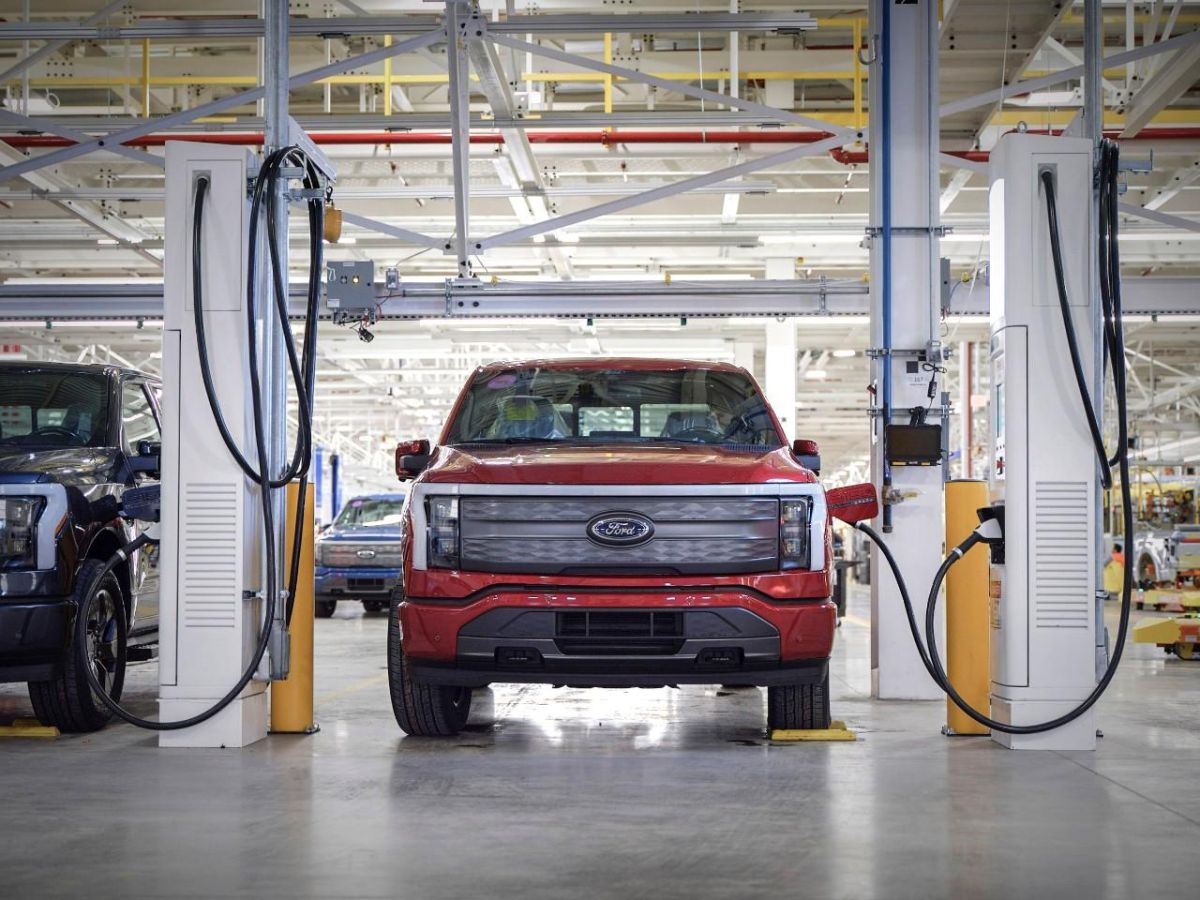Lead the Charge released a report on its annual Leaderboard assessment of the sustainability of automotive supply chains, which found Ford unseated Mercedes-Benz.
The Lead the Charge Leaderboard looks at 18 global automakers and evaluates them on more than 80 indicators representing their efforts to eliminate emissions, environmental harms and human rights violations from their supply chains.
The leaderboard covers two main aspects of company policies and practices: those focused on building fossil-free and environmentally sustainable supply chains, and those focused on ensuring respect for human rights and responsible sourcing throughout their supply chains.
Companies are given a percentage score enabling an assessment of both how close each automaker is to the scorecard’s expectations of what constitutes a clean car, as well as comparisons between automakers.
In the second year for the Lead the Charge Leaderboard, Ford came out on top, with an overall score of 42% -- an increase of 9% from its 2023 score, and enough to take the lead from last year’s winner, Mercedes-Benz, which scored 40%.
Ford scored particularly well for its approach to responsible transition mineral sourcing, scoring 86% -- the highest score for a single subsection across the Leaderboard. It was also one of only three automakers to ensure its workers are paid a living wage, along with Mercedes-Benz and BMW.
“As we continue to advance our commitment to a carbon neutral future, our global supply chain is a critical part of the equation, and working with credible third parties helps us drive continuous improvement globally,” said Bob Holycross, vice president and chief sustainability, environment and safety officer for Ford. “We’re honored to be recognized by Lead the Charge Coalition as the top global automaker for our efforts to build a supply chain that is good for people and the planet, reflecting Ford’s purpose to help build a better world.”
Tesla came third with a score of 35%, and was the biggest improver within the year, increasing its score by 21 percentage points and moving from ninth to third position. The EV manufacturer was the only company to make improvements across all eight of the indicator categories.
GM also made noticeable progress -- a 7% improvement overall -- and has moved mainly on the fossil-free and environmentally sustainable supply chain indicators, particularly with regard to setting targets and securing offtakes for low-carbon steel and aluminum.
Toyota and Honda continue to be the climate laggards of the auto industry, failing on both the EV transition, as well as on supply chain decarbonization. However, Kia and Nissan were not much further ahead and have barely made any progress over their 2023 performance. Moreover, all four automakers also scored low on human rights and responsible sourcing.

















